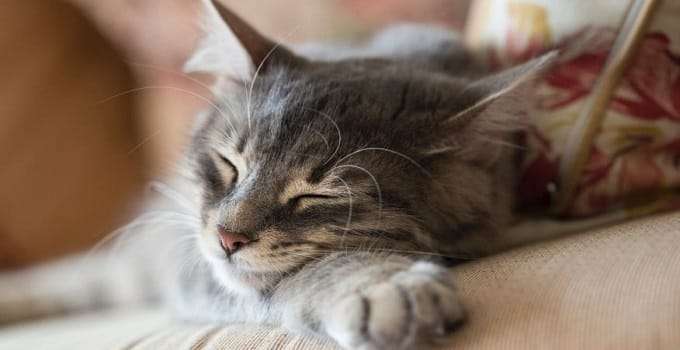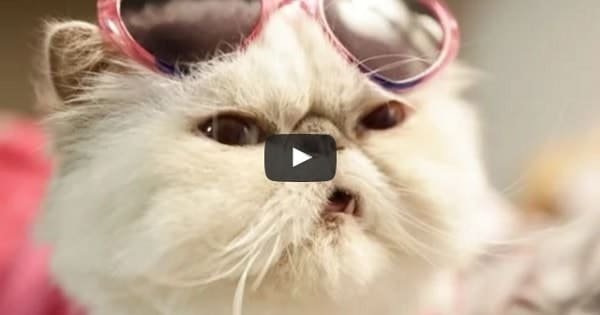MISSOURI — The MU Research Center for Human-Animal Interaction is currently trying to raise funds for a research project called Feline Friends to study the possible benefits of placing adoptable cats in homes of children with autism.
Children with autism who have pets have exhibited greater social skills than those without pets, according to a 2015 study by Gretchen Carlisle, who is a post-doctoral fellow at the research center. The objective of the Feline Friends project is to give families of children with autism better research-based information about choosing a pet for their home.
The goal of this new campaign is to raise $29,000, which would then allow researchers to go into animal shelters and identify cats that would do well in homes of children with autism. Some money would also help families that participate in the study pay for supplies such as food, toys, a litter box and a crate.
It’s always ‘dog, dog, dog’!
The study of human-animal interaction is actually a new field of research. People who may benefit from the research often hear about it over social media instead of from a medical professional, Carlisle stated.
“In social media, people just hear this — dog, dog, dog,” Carlisle said, gesturing toward a photo in her office of a dog in a red collar sitting obediently.
Dogs don’t always make the best companion animal for children with autism, though. Some children with autism are shown to have a sensory sensitivity to noise, for example, so a dog’s sudden barking can be more upsetting for them than for a child without autism. Dogs can also be much more “in your face,” Carlisle noted, and are often much larger than cats.
The decision as to what kind of animal to bring into the home of a child with autism should be deliberate. That’s just one of the goals of the research — to enable families to make more educated decisions, Carlisle said.
“It’s really important for (children with autism) to get that match,” Carlisle stated. “We want the benefits to outweigh the burdens (of having a pet).”
In Carlisle’s study of families of children who have autism, researchers found no statistically significant evidence that having a dog in the home improved social interaction scores of the child. However, when families of children with autism who had any kind of pet were surveyed, improvements in the child’s social interaction scores became statistically significant. Carlisle wondered if cats could be “tipping the scales.”
Families that include a child who has autism are under a lot of stress, Carlisle noted, and that causes them to be “more prone to grasp onto things that may or may not be true or helpful, so we want to provide them more scientific evidence to help them make a better choice.”
Cat criteria
So how does a parent go about choosing what kind of cat to bring into a home where there’s a child with autism? The behavior of cats that come from shelters is unpredictable, and that’s an undesirable characteristic for an animal living in the home of a child with autism. For that very reason, the research center will attempt to measure the behavior of the cats before they use them in the study to make sure they’re calm enough.
James Ha, who is an assistant clinical professor at the University of California, Davis, has created the Homeward Pet Cat Temperament Survey, meant to measure a cat’s outward behavior. The survey measures aspects such as a cat’s playfulness, vocalness, and hostility toward humans and other cats.
Researchers are planning to use Ha’s survey as one tool to predict whether a cat adopted from a shelter would be a good match for a child with autism, Carlisle said.
The age of the cat may also make a difference. Referencing the experiences of Leslie Lyons, who is a professor of comparative medicine at MU’s College of Veterinary Medicine, Carlisle went on to explain that cats between the ages of nine months and three years would be optimal for the study. By the age of nine months or so, cats’ temperaments “even out” and become predictable. Cats who are under the age of three years are often more playful and adapt more easily to a new environment.
As of this past weekend, approximately $120 had been raised toward the $29,000 goal.
If you wish to donate, you can donate online here to help fund the
Feline Friends Project!









